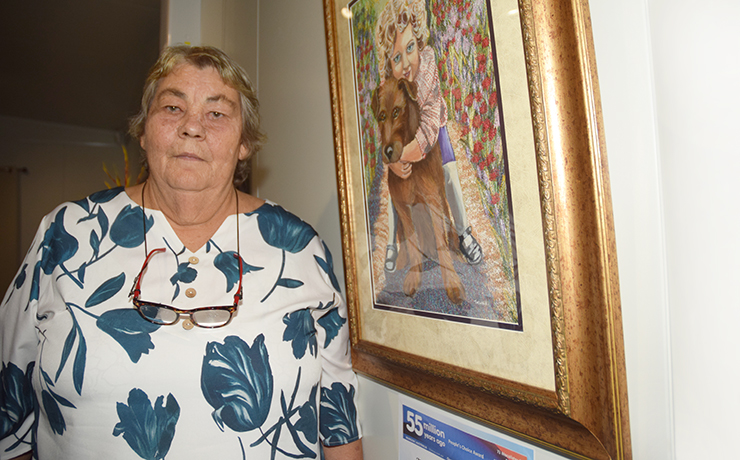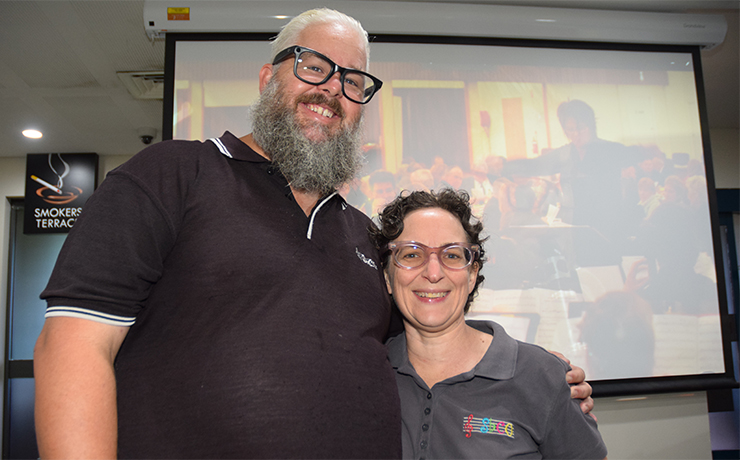
November 7, 2013
by Marcus Priaulx
It starts with a runny nose but can end with learning difficulties, behavioural problems and a lifetime of hardship if parents don’t ensure their children’s ears are healthy.
Otitis Media, “glue ear” or “middle ear infection” … no matter what you call it, ear infections can cause massive damage if allowed to happen or left untreated.
Hearing difficulties can then occur.
Otitis Media is common in children aged 0-4 years. This is a time when children’s brains are like sponges and they learn more than during the rest of their lives.
These ear infections can easily be prevented and treated by ensuring children see their doctor, their noses are clear and their hands are washed regularly.
Breastfeeding, not smoking around children and not drinking alcohol while pregnant will also boost children’s immunity to fight off the germs that cause ear infections.
* * *
Cherbourg Community Health Hearing coordinator Cecil “Pickle” Brown says the best way to prevent ear damage is to ensure parents take their children to the doctor if they show any signs or symptoms.
He said the impact of Otitis Media had been drastically reduced through the work of the Health-e-Screen 4 Kids program and Deadly Ears team visits to South Burnett schools.
But much more can be done within the home.
“You can never be too careful when it comes to your children” Mr. Brown said.
“I could see a child one day and their ears could be fine, two days later they might encounter problems, especially if they get a cold for instance.”
“If kids have a steady runny nose you can almost guarantee they have ear problems,” Deadly Ears audiologist Simon McCormack said.
Other symptoms can be pain, grumpiness, difficulty in hearing, and children looking for cues from those around them to know what’s being said and required of them.
If parents see any symptoms they need to take their child to the doctor straight away.
Antibiotics and medication will help combat the problem.
It’s important to take all medication until it is finished and it is not okay for children to have on-going ear problems.
Mr Brown now strongly encourages all parents who have received an ENT (Ear Nose Throat) appointment to attend with their child/children on the appointment day and time.
They then have the opportunity to discuss their child’s ear condition with the ENT Specialist.
The next ENT Clinic will be held on December 3-5 at Cherbourg Hospital.
























